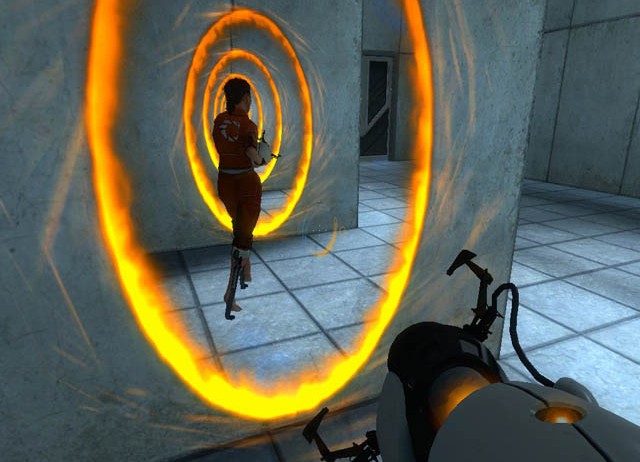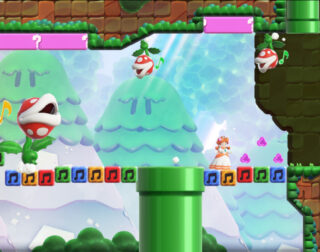Spatial reasoning — the skills that a creative child might display when taking apart a bike and putting it back together, or when designing and building structures in Minecraft — was recently cited in a Vanderbilt University study as being a better predictor of future creativity and innovation than traditional math or verbal skills.
Spatial reasoning skills are measured by one’s ability to visualize and manipulate two- and three-dimensional objects, and are seen as being related directly to achievements in technology, engineering, math, and science. However, the New York Times recently reported that these spatial reasoning skills are often not identified as areas of aptitude in children. As a result, they may not be taught, valued, or assessed in an academic setting.
Nonetheless, recent studies indicate that spatial reasoning skills are strongly correlated to mathematical abilities and to success in many technical fields. This suggests that parents might want to pay more attention to a child’s creative skills while playing with such everyday items as Legos, a dollhouse, construction toys, or even video games that require visualization and mental rotation skills. In general, spatial reasoning skills are frequently associated with higher levels of academic achievement and creativity.
[cjphs_content_placeholder id=”73593″ random=”no” ]
There is substantial research to suggest that many video games — including action games such as Medal of Honor and puzzle games such as Tetris — can help children to develop these spatial reasoning skills. A variety of other games such as Super Hexagon and Lumines also show great promise in practicing and developing these skills.
The promise of using video games to improve spatial reasoning skills was articulated in an insightful post by Annie Murphy Paul, entitled, “Why Girls Should Play More Video Games”. Murphy Paul proposes that girls play more video games to improve spatial reasoning skills, thereby increasing the numbers of women in science and technology jobs. Because schools do not actively teach spatial reasoning skills — focusing on reading and math instead — Murphy Paul encourages parents to make a point to prioritize the teaching of spatial reasoning skills at home via video games and other activities.
So, the takeaway is this: if you want your child to achieve academically, encourage activities that practice spatial reasoning at home. These could include something a simple as playing a game of chess, or building a castle together using LEGOs, to teaming up to solve puzzles together in Portal 2, or crafting your own virtual worlds in games like Minecraft, The BlockHeads and Eden — World Builder.






My question is this. Now advance 10 years or so. Here is a young adult who is exceptionally good at these spatial skills but has ADD as well as processing issues which made school a nightmare. What career direction could he go in with these skills and weaknesses? Add to the mix social anxieties and difficulty putting thoughts into words to carry on a conversation. Thanks!
You have just described a person who by definition of the DSM-V has the potential to suffer from one of the many disease’s under Autism Spectrum Disorders. Being able to think outside the box is a well sought after skill. As well as being able to work with little resources to get the job done. So even if this person has and ASD they can still be a high functioning and excel in certain area’s. Also I would like to point out that video games do not lead to social awkwardness or ADD. Video games are more of a social setting you a person on a date or even a family reunion. It forces them to interact with other players in order focus on a common goal. I fear that you have a lack of knowledge on video games of todays world and the benefits that they can have. Thank you for your inputs and questions.
Thanks for the information your blog brings. I see the novelty of your writing, I will share it for everyone to read together. I look forward to reading many blogs from you.
https://blog.mindvalley.com/spatial-reasoning/